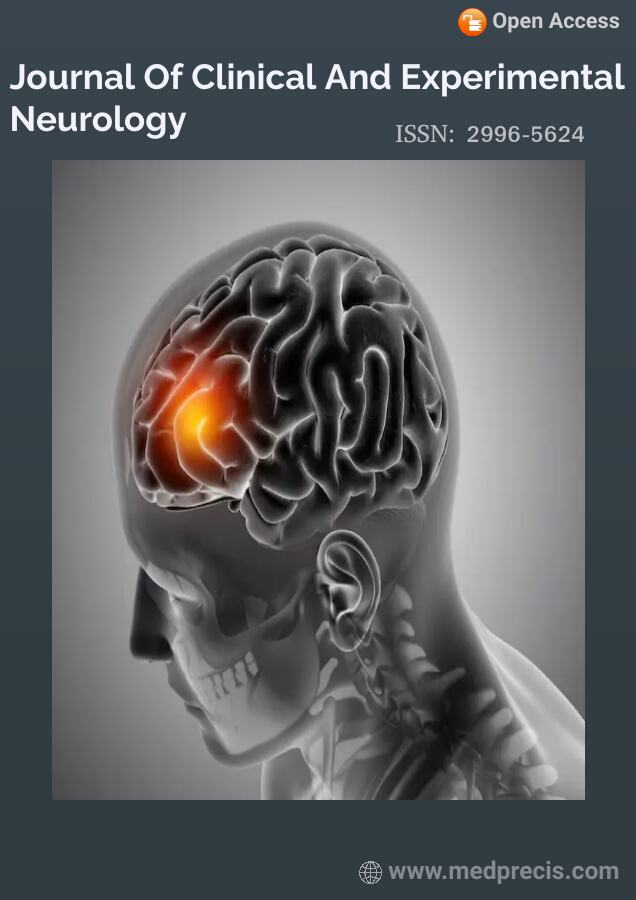Initial Outcomes of the Reintegrative Protocol for Binge Eating Disorder Treatment
Joseph Nicolosi1* and Christopher H. Rosik2
1The Breakthrough Clinic, Westlake Village, CA, The Reintegrative Therapy Association, United States
2Department of Clinical Psychology, Fresno Pacific University, California, United States
Correspondence to: Joseph Nicolosi, The Breakthrough Clinic, Westlake Village, CA, The Reintegrative Therapy Association, United States. E-mail: j.nicolosi@gmail.com
Received: May 21, 2023; Accepted: June 15, 2023; Published: June 22, 2023
Citation: Nicolosi J, Rosik CH. Initial Outcomes of the Reintegrative Protocol for Binge Eating Disorder Treatment. J Clin Exp Neurol. 2023;1(1):21-26.
Copyright: © 2023 Nicolosi J. This is an open-access article distributed under the terms of the Creative Commons Attribution License, which permits unrestricted use, distribution, and reproduction in any medium, provided the original author and source are credited.
ABSTRACT
Experiencing one or more traumatic events may heighten the risk of developing binge eating and Binge Eating Disorder (BED). BED stands as the most prevalent eating disorder in the United States, affecting approximately 2%-4% of individuals annually. Given its widespread occurrence and the significant impact it imposes on affected individuals, effective treatment strategies for BED are imperative. Currently, there exists no specific research examining the innovative reintegrative protocol in a clinical setting as a treatment approach for BED. This small-scale, multiple-baseline pilot study aimed to investigate the feasibility and effectiveness of the reintegrative protocol in addressing BED by addressing traumatic memories associated with binge eating behaviors. The findings suggest that the reintegrative protocol holds promise as a method for regulating emotions and treating BED. While the implementation of the protocol proved feasible, outcomes varied among the 6 diverse participants, highlighting the need for further investigation.
Keywords: Binge Eating Disorder; Affect Dysregulation; Reintegrative Protocol.


